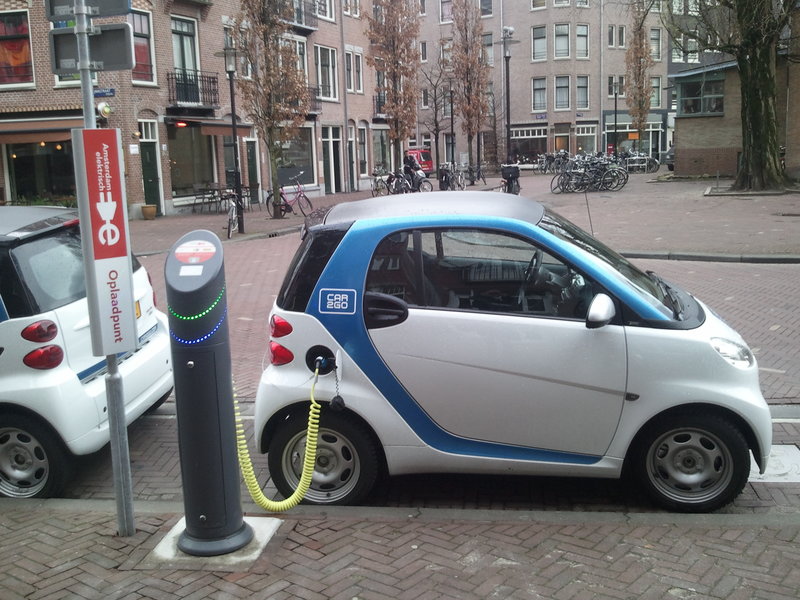Lets work together



Suite 3A, Chapel Allerton House, 114 Harrogate Road, Leeds, LS7 4NY
ukinfo@integrated-skills.com
+44 (0) 3300 888 670

At no point in the history of electric vehicles have they been more prevalent in all sectors of the economy. Goods, parcels and postal logistics are no exception, despite the purchase or leasing cost of an electric vehicle being generally higher than an equivalent diesel/petrol vehicle.
There are solid reasons behind the increasing deployment of small electric delivery vehicles for last mile deliveries in particular. Some of these apply to electric vehicles in general, while others are specific to the types of vehicle used in logistics. Here is a brief overview:
The cost of electricity is substantially lower than that of diesel or petrol. An efficient electric vehicle can travel 3 miles or more per kilowatt hour of electricity, which equates to about 4p per mile. (March 2018 average electric prices were 12.49p per kilowatt hour.) Accurate costs per mile for petrol and diesel vehicles are difficult to calculate because of varying energy efficiency in engines. However, the mean cost per mile according to government averages for <1400 cc engines is 11.5p1, so you have an immediate saving of 7p per mile. This will soon start repaying the additional investment needed for deploying electric vehicles in your fleet.
Maintenance costs account for a large proportion of ongoing fleet expenses for delivery companies. Replacing diesel or petrol vehicles with electric equivalents for last mile deliveries can help lower these costs. How?
The environmental benefits of fully electric vehicles are well known. None of the conventional emissions that are harmful to the environment and human health are produced. This has an overall benefit for the environment, but also assists with compliance in low emission areas, such as Greater London. The counterargument is that increased electricity consumption places more pressure on the National Grid, which is still largely powered by fossil fuels. With the improved energy efficiency of electric vehicles, however, this still equates to reduced overall carbon emissions compared to conventional vehicle use.
We take an integrated approach to fleet management that looks at all the variables and seeks to make cost-savings across your operation. To find out more about how electric vehicles can contribute to savings on your last mile deliveries, call our customer service team on 02380 737 983, or email info@integrated-skills.com.
Would you like to know more about Plug In For The Last Mile: The Benefits Of Electric Delivery Vehicles? Fill in your details below and let us know how we can help.
Website Designed & Built by we are CODA